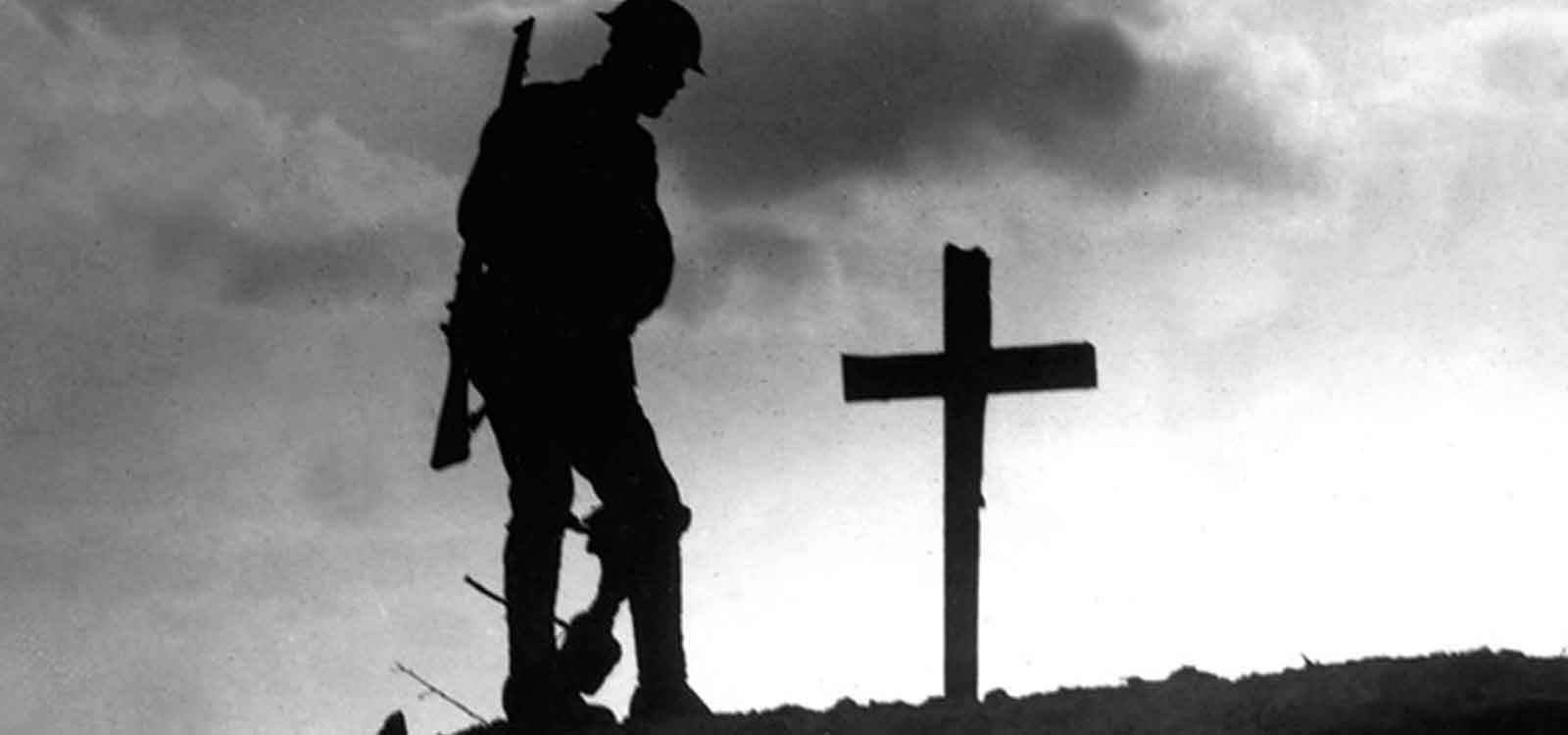
The letter that every mother dreaded receiving:
Private 300635, Maurice Froggatt of the 2/8th Battalion of the Manchester Regiment.
"Dear Mrs. Froggatt I very much regret to tell you that you son died here at 5.15pm yesterday. He came here at 3am in the morning having, I believe, been wounded on Monday morning, early. He was very ill indeed when he arrived and the doctors operated at once, hoping to relieve him, but unfortunately, gas gangrene had spread too far. We did everything we possibly could for him. He left no message. He was far too ill to think of anyone or anything but himself. With much sympathy, believe me. Yours sincerely, E R Creagh Matron No. 1 South African General Hospital"
Maurice had been the third of John and Florence Froggatt's four sons and had lived all his life in the small mill-village of Compstall. He and his family had worshiped at St Paul's Church and he'd furthered his education by attending the church's Sunday school.
When he started work, he got a job as a weaver at the nearby Compstall Mill, but shortly before War broke-out, he'd started an apprenticeship at the boilermaking works of Tinker & Shenton Ltd in Hyde.
Announcing his death, the Stockport Advertiser reported that he'd enlisted in September 1914, presumably lying about his true age of 16. They went on:
"His father was told he could be brought back but Signaler Froggatt said he wanted to go out and do his bit and if his father brought him back, he would go again."
However, Maurice's service number confirms that, whilst he may have been in the army at that age, he didn't go abroad on active service until 1917, when he was 18 or 19.
The 2/8th Battalion left home-shores in March 1917 and Maurice was almost certainly, amongst the original members. The Battalion's early months of service were spent undertaking trench-duties near the Channel coast.
On the 5th of October 1917, Maurice and his mates moved from camp at Brandhoek to relieve a Battalion of Australian troops in the support-lines near the Belgian village of Vlamertinghe. The next day, they moved forward to take over a section of the front-line.
As a signaler, Maurice would have needed to remain close to the Battalion Headquarters, operating the telephone system that was the main source of communication between the front-line and the higher levels of command. At times he would also have had to go outside of the trench system to repair any breaks in the wire - an extremely dangerous duty. At times he may also have had to act as a "runner," taking messages by hand to the companies in the front-trench.
It was a rare, relatively quiet period during the Third Battle of Ypres (often known as Passchendaele) which had been underway since the end of July. The Battalion's War Diary for the 8th records:
"Considerable shelling of front line and support company.....Heavy shelling around Battalion Headquarters. Direct hit obtained on runners' shed and majority of headquarters signallers and runners became casualties."
Maurice would have received immediate treatment from the Battalion's own medical officer just behind the lines and would then have been sent to a Casualty Clearing Station (field hospital) some miles to the rear. There, the military surgeons would have stabilised his condition as best they could, enabling him to be further evacuated to the more extensive hospital facilities at Abbeville. This was a distance of some 170 kilometres and even on today's roads, this journey would take around two hours - but back in 1917, that journey, along over-crowded, war-damaged roads, under artillery fire from the Germans - would have taken much, much longer...
Private 300635, Maurice Froggatt of the 2/8th Battalion of the Manchester Regiment died on the 10th of October 1917, aged just 9. He now lies at rest in the Abbeville Communal Cemetery Extension, Somme, in France.

